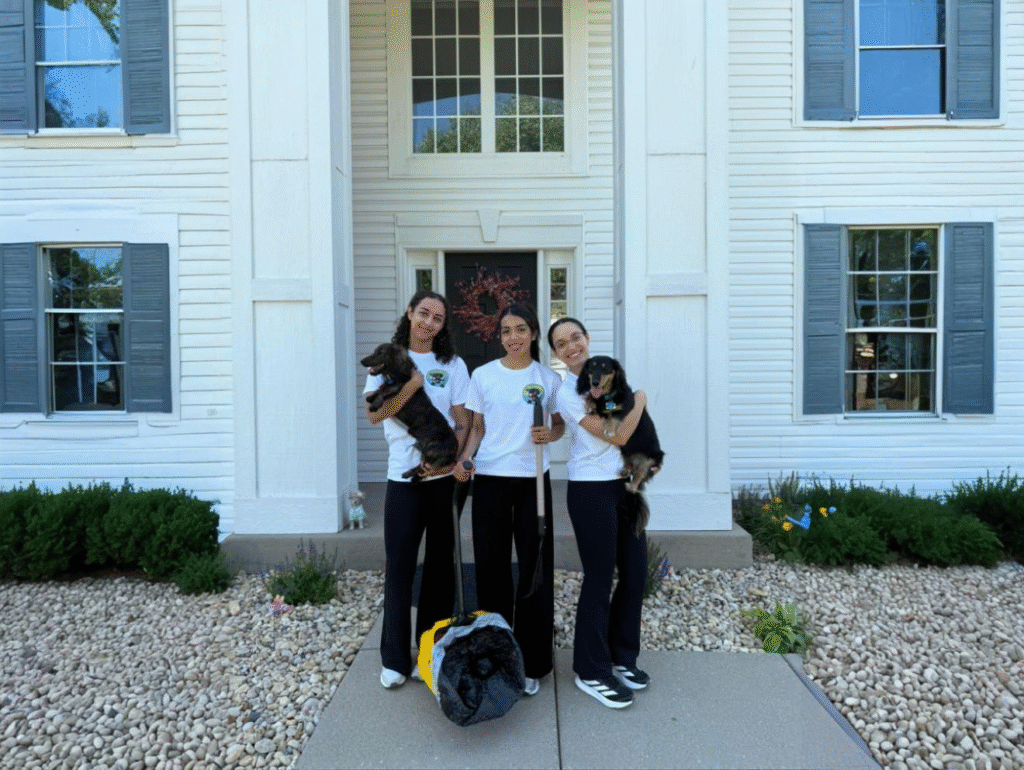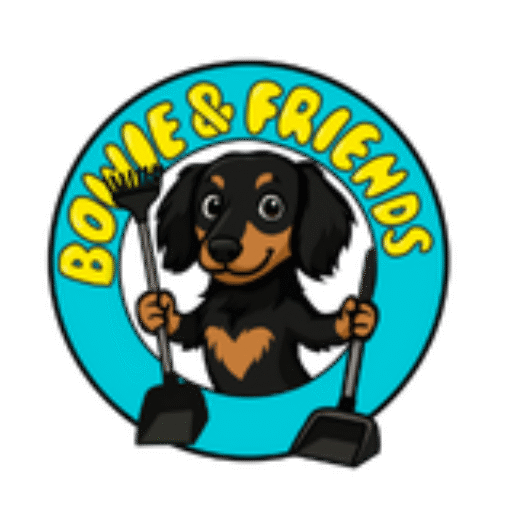Most dog owners pick up after their pets and quickly move on—but did you know that dog poop can reveal a lot about your pet’s health?
It may not be the most pleasant topic, but paying attention to your dog’s waste is one of the easiest ways to catch early signs of illness, poor diet, or even parasites. Whether you’re a new pet parent or a seasoned dog owner, understanding what’s “normal” and what’s not can make all the difference.
Here are five important signs in your dog’s poop you should never ignore, and why staying on top of pet waste cleanup is crucial for both your dog’s health and your family’s safety.
1. Color Changes — More Than Just a Fluke
The ideal dog poop is chocolate brown. But if you notice unusual colors, it might be your dog’s way of telling you something’s wrong:
- Black or tar-like poop can indicate internal bleeding in the stomach or small intestines.
- Red streaks may point to bleeding in the lower digestive tract or rectum.
- Yellow or orange stools could suggest liver issues or problems with bile production.
- Green poop might signal that your dog ate too much grass or has gallbladder issues.
Color changes that persist for more than a day should always prompt a visit to your vet.
2. Mucus in the Stool — A Gut Warning Sign
A small amount of mucus isn’t unusual, but excessive slime or jelly-like coating could mean your dog has colitis (inflammation of the colon) or an intestinal infection.
These issues can stem from bacterial overgrowth, food intolerance, or parasites, and they shouldn’t be dismissed. Left untreated, they can lead to chronic discomfort and dehydration.
3. Diarrhea or Loose Stools — Not Always ‘Just Something They Ate’
Occasional soft stools can happen, but frequent diarrhea or loose, unformed poop is a red flag. Chronic diarrhea may be caused by:
- Intestinal parasites
- Food allergies
- Inflammatory bowel disease (IBD)
- Pancreatic issues
Besides making yard cleanup a nightmare, these issues can cause malnutrition and digestive damage if not addressed.
A consistent pet waste removal routine helps you track these changes before they become serious.
4. Hard, Dry Stools — A Sign of Dehydration or Blockage
Poop that looks like dry pellets or is difficult for your dog to pass could mean they’re dehydrated or not getting enough fiber. In more serious cases, it might indicate:
- Anal gland problems
- Partial intestinal blockage
- Lack of exercise
If your dog strains or cries while pooping, it’s time to contact a veterinarian.
5. Visible Parasites — Time to Take Action
Seeing worms in your dog’s poop is alarming—and it should be. Tapeworms, roundworms, and hookworms can all appear as:
- Rice-like segments
- Long, stringy worms
- Tiny moving organisms
These parasites not only harm your dog’s digestive system but also pose a risk to children and other pets if waste isn’t removed quickly and properly.
Professional dog waste cleanup services ensure that infectious poop is removed before it spreads through your yard or home.
💡 Why Regular Cleanup Matters
Monitoring your dog’s health through their waste is only possible if the waste is removed consistently and professionally. Ignored poop not only masks potential health concerns—it also contributes to:
- Soil contamination
- Bacterial spread in your yard
- Odor buildup
- Embarrassing moments when guests visit
At Bowie & Friends, we provide weekly and bi-weekly dog poop cleanup services so you can focus on your pup’s wellbeing without the mess or stress.

✅ Final Thoughts
Next time you clean up after your dog, take a second look. That pile may be telling you more than you think.
By knowing what signs to watch for—and by trusting a professional pet waste removal service—you can protect your dog’s health and keep your yard clean and safe.
👉 Visit bowieandfriends.com to learn more about our sanitation services, pricing plans, and how we help families just like yours maintain a healthy, poop-free home.
Your dog’s health starts in your backyard. Let us help you take care of both.

Leave a Reply
You must be logged in to post a comment.